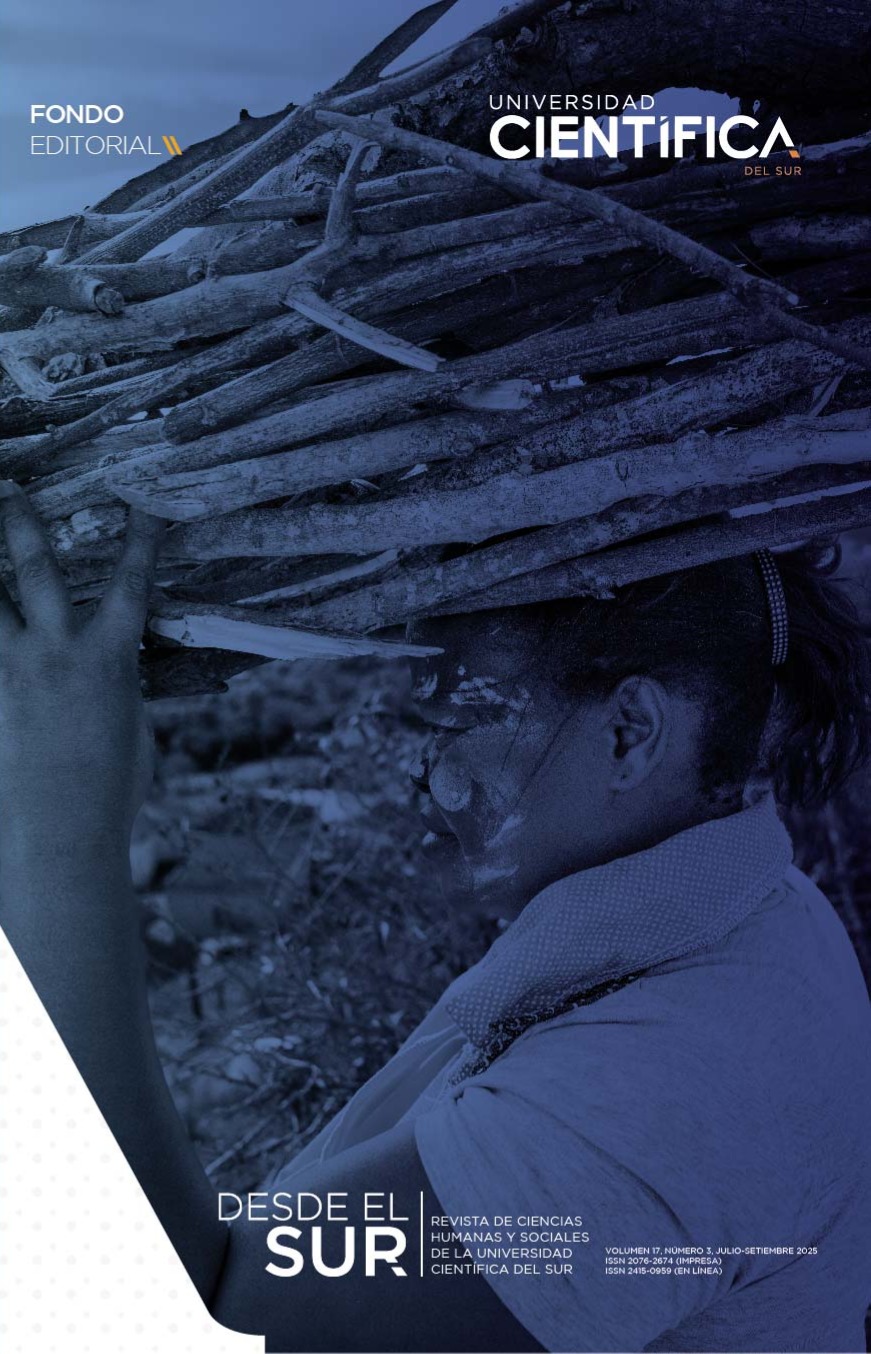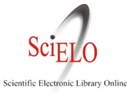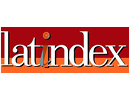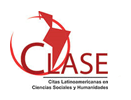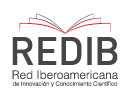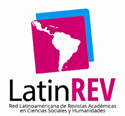Self-understanding and encountering the other: Reflections on education and otherness in contemporary society
DOI:
https://doi.org/10.21142/DES-1703-2025-0076Keywords:
Basic education, inclusive education, quality of education, identity, pedagogical skillAbstract
The essay explores the relationship between self-understanding and alterity in the educational sphere, drawing on the philosophical perspective of Paul Ricoeur. It examines how dialogue and active listening serve as essential tools in shaping students’ critical thinking and identity. Additionally, it highlights the role of reading as a space for reflective mediation that facilitates encounters with different perspectives, challenging preconceived notions and broadening one’s understanding of the world. In the digital era, where algorithms reinforce the homogenization of thought, the essay underscores the need to reclaim alterity in education. It emphasizes the value of text as an «otherness» that engages the reader, fostering reflection and ethical development. Thus, education should not only focus on the transmission of knowledge but also on the formation of critical and open-minded individuals.
Downloads
References
Abad-Lezama, I. R., Pantigoso-Leython, N., Jara-Llanos, G. S. y Colina-Ysea, F. J. (2023). Retroalimentación y trabajo en equipo en estudiantes universitarios de una universidad nacional de Lima Metropolitana. Desde el Sur, 15(3), e0041.
Álamo Bolaños, A. M., Mulero Henríquez, I. y Morata Sampaio, L. (2024). Childhood, education, and citizen participation: A systematic review. Social Sciences, 13(8), 399. https://doi.org/10.3390/socsci13080399
Alejo, A. (2020). Global citizenship education: The case of Equipo Pueblo’s Citizen Diplomacy Program in Mexico. Education, Citizenship and Social Justice, 15(2), 181-193. https://doi.org/10.1177/1746197919833381
Altugan, A. S. (2015). The relationship between cultural identity and learning. Procedia-Social and Behavioral Sciences, 186, 1159-1162. https://doi.org/10.1016/j.sbspro.2015.04.161
Astobiza, A. M. (2017). Ética algorítmica: Implicaciones éticas de una sociedad cada vez más gobernada por algoritmos. Dilemata, (24), 185-217. https://dilemata.net/revista/index.php/dilemata/article/view/412000107#:~:text=https%3A//dilemata.net/revista/index.php/dilemata/article/view/412000107
Avci, H., Baams, L. y Kretschmer, T. (2024). A systematic review of social media use and adolescent identity development. Adolescent Research Review, 1-18. https://doi.org/10.1007/s40894-024-00251-1
Burton, J. W., Stein, M. K. y Jensen, T. B. (2020). A systematic review of algorithm aversion in augmented decision making. Journal of Behavioral Decision Making, 33(2), 220-239. https://doi.org/10.1002/bdm.2155
Canetti, E. (1986). La providencia del hombre. Taurus.
Canetti, E. (2013). Masa y poder. Alianza.
Celan, P. (2020). Obras completas. Trotta.
Conde-Zhingre, L. E., Cueva-Alvarado, G. I., Chamba-Eras, L. A. y Ureña-Torres, M. I. (2022). Impact of artificial intelligence in basic general education in Ecuador. En 2022 17th Iberian Conference on Information Systems and Technologies (CISTI) (pp. 1-7). IEEE. https://doi.org/10.23919/CISTI54924.2022.9820018
De Carvalho, J. M. (2020). Martin Buber, diálogos e alteridade na educação. Periferia, 12(1), 87-105. https://www.e-publicacoes.uerj.br/periferia/article/view/42085
Dennison, J. (2024). Emotions: functions and significance for attitudes, behaviour, and communication. Migration Studies, 12(1), 1-20. https://doi.org/10.1093/migration/mnad018
Dostoievski, F. (2023 [1880]). Los hermanos Karamázov. Alba.
Enríquez Estrella, M. Á., Fernández-Sánchez, L., Sancho Aguilera, D. y Loaiza Maldonado, I. D. C. (2024). Importance of institutional accreditation in higher education in Ecuador. Desde el Sur, 16(4), e0067. https://doi.org/10.21142/DES-1604-2024-0067
Espinoza Guanilo, A. H. (2024). Journalism in times of post-truth and misinformation.: Analizing the work of digital platform’s journalists from El Comercio and RPP. Desde el Sur, 16(2), e0032. https://doi.org/10.21142/DES-1602-2024-0032
Fabijanic-Gagro, S. (2024). Artificial intelligence in education-current challenges. Annals. Belgrade Law Review, 72(4). https://doi.org/10.51204/Anali_PFBU_24405A
Gadamer, H.-G. (1992). Verdad y método II. Sígueme.
García-Ruiz, R. y Pérez-Escoda, A. (2020). Communication and education in a digital connected world. Icono 14, 18(2). https://doi.org/10.7195/ri14.v18i2.1580
García-Vita, M. D. M. y Barreto, C. R. (2019). Inclusive education and intercultural competence in higher education. En European Proceedings of Social and Behavioural Sciences (pp. 90-95). http://orcid.org/10.15405/epsbs.2019.04.02.12
Han, B.-C. (2017). La expulsión de lo distinto. Herder.
Han, B.-C. (2022). Infocracia. La digitalización y la crisis de la democracia. Taurus.
Hart, C., Da Costa, C., D’Souza, D., Kimpton, A. y Ljbusic, J. (2021). Exploring higher education students’ critical thinking skills through content analysis. Thinking Skills and Creativity, 41, 100877. https://doi.org/10.1016/j.tsc.2021.100877
Huamán Durand, R. E. (2021). Formación humanística en estudiantes de educación básica regular. Desde el Sur, 13(3), e0032. http://www.scielo.org.pe/pdf/des/v13n3/2415-0959-des-13-03-e0032.pdf
Huang, J. y Sang, G. (2023). Conceptualising critical thinking and its research in teacher education: A systematic review. Teachers and Teaching, 29(6), 638-660. https://doi.org/10.1080/13540602.2023.2212364
Hvalby, L., Guldbrandsen, A. y Fandrem, H. (2024). Life skills in compulsory education: A systematic scoping review. Education Sciences, 14(10), 1112. https://doi.org/10.3390/educsci14101112
Jia, K., Kang, R., Wang, Y., Ma, L. y Liu, X. (2025). Constructing an empathy education system: Values, principles, and approaches. Journal of Moral Education, 1-29. https://doi.org/10.1080/03057240.2024.2416686
Julca Guerrero, F., Nivin Vargas, L., Castro Menacho, K. y Vera Gutiérrez, F. (2023). Inclusión social y cultural en la educación universitaria en Áncash (Perú). Desde el Sur, 15(2), e0030. http://www.scielo.org.pe/pdf/des/v15n2/2415-0959-des-15-02-e0030.pdf
Kauts, D. S. y Saini, J. (2022). Life skill based education: A systematic narrative review. MIER Journal of Educational Studies Trends and Practices, 12(2), 407-422. https://doi.org/10.52634/mier/2022/v12/i2/2261
Kita, S. y Emmorey, K. (2023). Gesture links language and cognition for spoken and signed languages. Nature Reviews Psychology, 2(7), 407-420. https://doi.org/10.1038/s44159-023-00186-9
Manzano-García, B. y Tomé-Fernández, M. (2017). Intercultural values in the European and Latin American basic education. Procedia-Social and Behavioral Sciences, 237, 130-136. https://doi.org/10.1016/j.sbspro.2017.02.053
Mélich, J.-C. (1998). Totalitarismo y fecundidad. La filosofía frente a Auschwitz. Anthropos.
Navarro Fernández, R., López Jurado, M. R. y Caycho Damaso, G. (2021). Challenges of university teachers for the design of virtual educational experiences. Desde el Sur, 13(2), e0017. https://doi.org/10.21142/DES-1302-2021-0017
Orwell, G. (1949). 1984. Secker & Warburg.
Ricoeur, P. (1986). Del texto a la acción. Ensayos de hermenéutica II. Fondo de Cultura Económica.
Ricoeur, P. (1990). Sí mismo como otro. Siglo XXI.
Ricoeur, P. (2003). Teoría de la interpretación. Discurso y excedente de sentido. Siglo XXI.
Santos, A., Lopes, L. y Brasil, M. (2020). Digital communication on higher education institutions: Challenges and tools for research. In International Conference on Design and Digital Communication (pp. 378-386). Springer International Publishing. https://doi.org/10.1007/978-3-030-61671-7_36
Saramago, J. (2000) La caverna. [Pilar del Río, trad.]. Caminho.
Saurwein, F., Brantner, C. y Möck, L. (2023). Responsibility networks in media discourses on automation: A comparative analysis of social media algorithms and social companions. New Media & Society, 27(3), 1752-1773. https://doi.org/10.1177/14614448231203310
Valderrama Maguiña, I. y Pease Dreibelbis, M. E. (2024). Educación e investigación cualitativa: aproximaciones a la práctica educativa como objeto de investigación. Desde el Sur, 16(1), e0016. http://www.scielo.org.pe/pdf/des/v16n1/2415-0959-des-16-01-e0016.pdf
Van Slyke, C., Johnson, R. D. y Sarabadani, J. (2023). Generative artificial intelligence in information systems education: Challenges, consequences, and responses. Communications of the Association for Information Systems, 53(1), 1-21. https://doi.org/10.17705/1CAIS.05301
Van-Damme, D., Zahner, D., Cortellini, O., Dawber, T. y Rotholz, K. (2023). Assessing and developing critical‐thinking skills in higher education. European Journal of Education, 58(3), 369-386. https://doi.org/10.1111/ejed.12563
Vázquez, O. (2023). Algoritmos que escuchen por nosotros. Una breve historia del objeto sonoro y su tormentoso devenir digital. Desde el Sur, 15(1). https://doi.org/10.21142/DES-1501-2023-0003
Winkler, R. (2016). Alterity and the call of conscience: Heidegger, Levinas, and Ricoeur. International Journal of Philosophical Studies, 24(2), 219-233. https://doi.org/10.1080/09672559.2016.1143525
Xu, J. (2024). Memorisation is not rote learning: rethinking memorisation as an embodied practice for Chinese students. Journal of Multilingual and Multicultural Development, 45(9), 3963-3979. https://doi.org/10.1080/01434632.2022.2134878
Yi, W. (2023). Philosophical perspectives on cultural hybridity: The dynamics of identity and alterity. European Journal for Philosophy of Religion, 15(4), 403-418. https://philpapers.org/rec/YIPPOH
Zhang, R., Zou, D. y Cheng, G. (2024). Concepts, affordances, and theoretical frameworks of mixed reality enhanced language learning. Interactive Learning Environments, 32(7), 3624-3637. https://doi.org/10.1080/10494820.2023.2187421
Downloads
Published
Issue
Section
License

Esta obra está bajo una licencia http://creativecommons.org/licenses/by-nc-sa/4.0/

